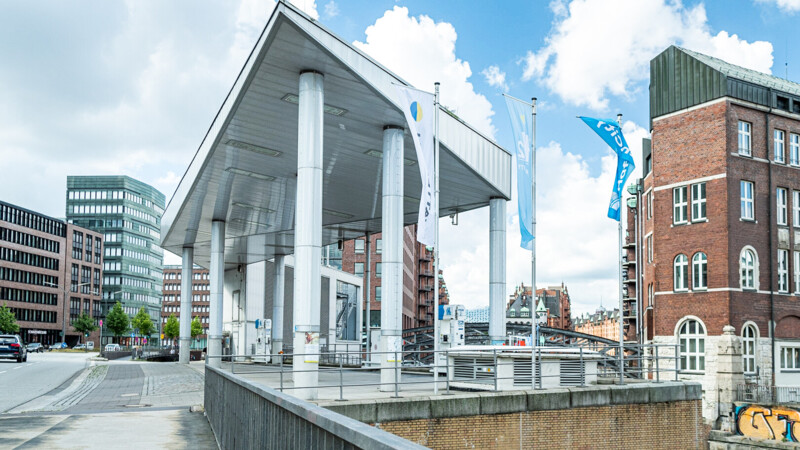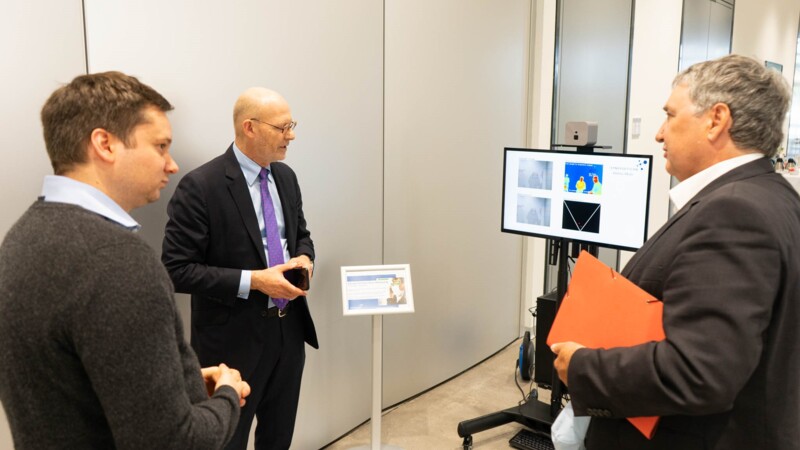Tobias Bohnhoff, founder and CEO of Appanion Labs GmbH, presented shipzero, a data platform for managing emissions in transport chains. Machine learning and analytical tools are used to examine the individual elements in the transport chain in terms of their CO2 emissions. "AI is not a magic wand for reducing CO2 reduction," Bohnhoff stressed. However, the potential for reducing freight emissions can be identified and appropriate corporate decisions made based on the data collected in this way.
Experts across northern Germany recently outlined scenarios for using artificial intelligence in logistics, renewable energies, food and the construction industry during the online "AI Showcases: Can artificial intelligence be sustainable?" hosted by AI Hamburg. AI can identify and optimise approaches for automatically reducing CO2 emissions and making work procedures climate-friendlier.
AI not magical, but extremely useful
Advanced analysis methods thanks to AI
Data analysis is one thing, but forecasts based thereon are crucial. "I am a big fan of augmented analytics," said Hanno Schoklitsch, founder of Planet Zero Data Ingenuity GmbH, which specialises in renewable energies. Augmented analytics is based on AI, machine learning and natural language processing (NLP), i.e. the machine processing of natural language, which makes the user's interaction with analytics software much easier. Schoklitsch uses advanced analytics such as augmented or predictive analytics to give clients added value for their own data to minimise the risk of investments in renewable energies and maximise returns. "This is how we move away from subsidy-driven financing and towards private investment."
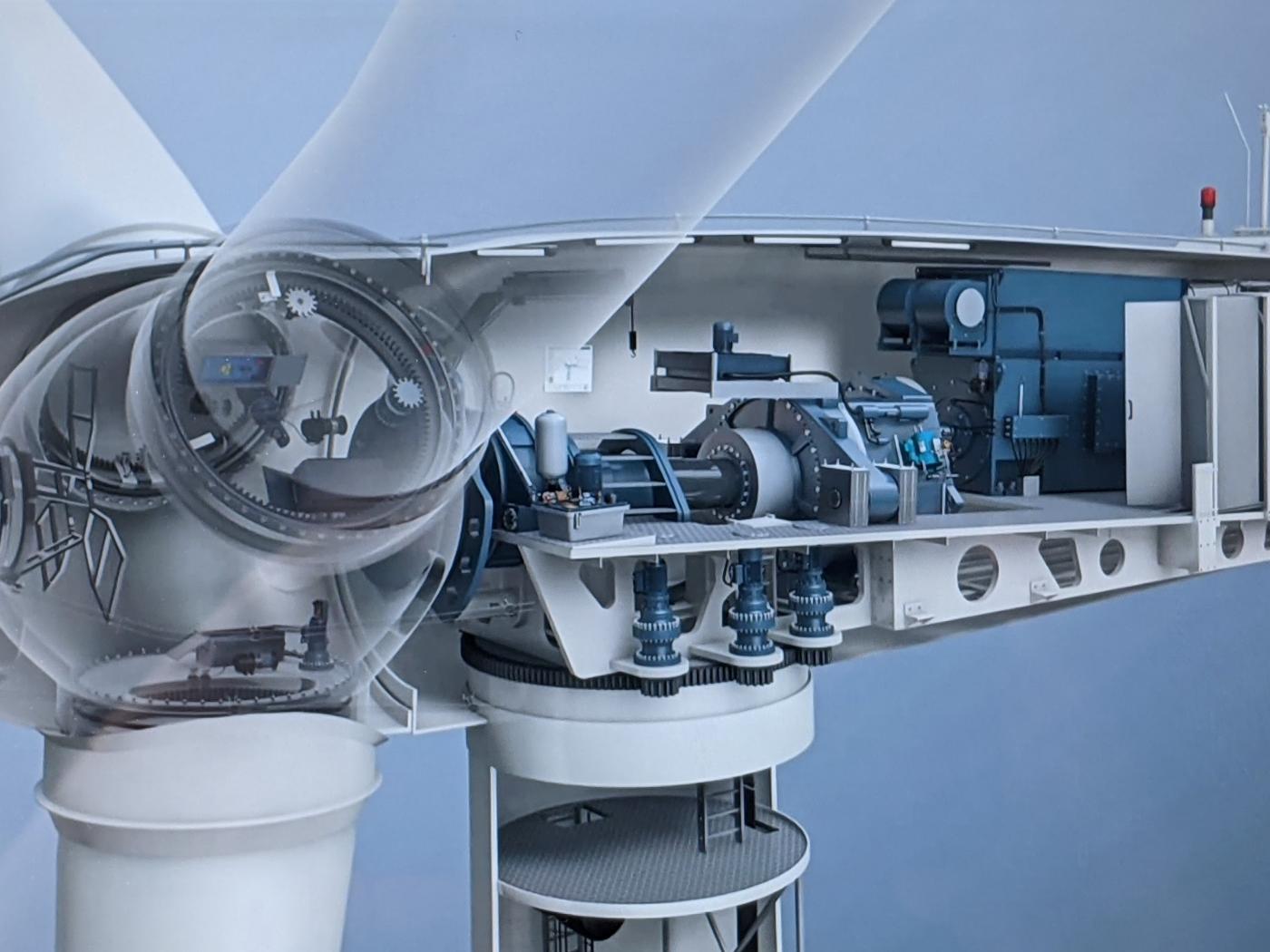
Daily sales forecasts reduce waste
Friedrich Rantzau, co-founder of the Lübeck-based start-up Food21, is aiming for zero food waste. Some 10 per cent of all food at retailers ends up in the rubbish every day, said Rantzau, who is also a farmer, a mentor and entrepreneur in the Agtech & Food sector. "The biggest challenge for retailers is accurately predicting their daily sales of products." Rantzau uses the example of a bakery with six branches to show how smart data analysis and technology can provide the knowledge required for the food sector. The company sent its operating figures to Food21 every day to train the software in the bakery's business procedures as well as customer behaviour. The calculations also took account of other factors such as holiday periods, open Sundays or other events. The company eventually saved more than 16 tonnes of raw materials and increased its turnover by 3 per cent.
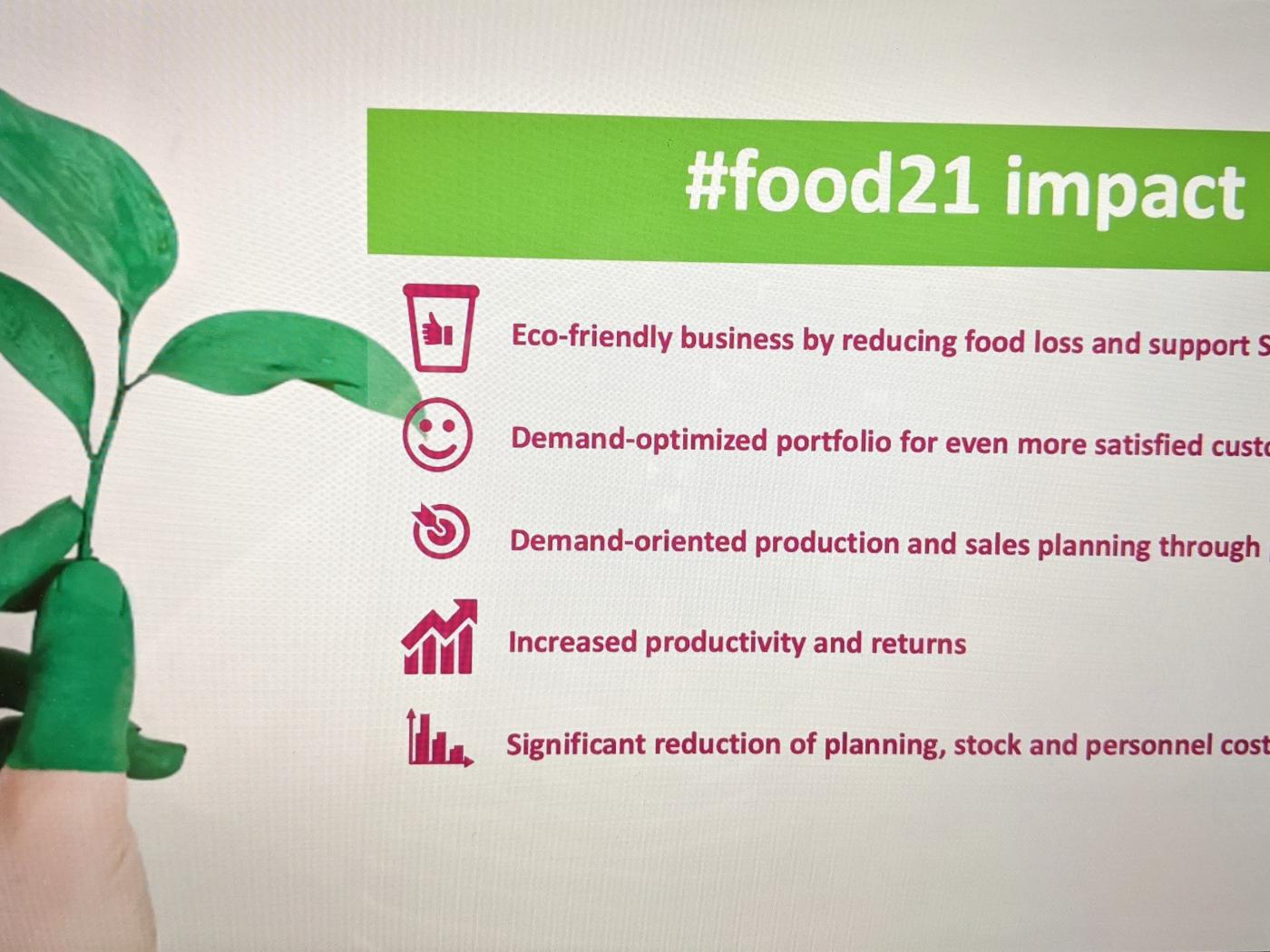
Great potential for optimisation in construction sector
Andreas Moring, Professor of Digital Economy, Innovation and AI in Hamburg and founder of the JuS.TECH Institute for Data Science/KI and Sustainability, also focuses on avoiding waste and cites the example of waste in the construction sector. "Some 70 per cent of activities in construction are unproductive. A lot of time is wasted due to poor co-ordination or because tools, machines and materials are not in the right place at the right time. This holds huge potential for optimisation, which AI can identify and the possibilities for saving CO2," he added. The JuS.TECH Institute focuses on both climate protection and views sustainability as a complex ecological, economical and social system. "The production of e.g., steel and cement, two basic materials in construction, generates huge amounts of greenhouse gas emissions," Moring pointed out. Thus premature demolitions or major reconstruction measures damage the climate. "The longer a building remains standing, the better the CO2 balance."
What about the rebound effect?
However, the use of AI also comes at an ecological price. "The energy required for AI training in speech recognition is comparable to a return flight from Berlin to Madrid," said Dr Vanessa Just, of the German AI Association. A certain rebound effect would definitely ensue, if sustainability goals were pursued using digital technologies. "In principle, however, greenhouse gases can be reduced by means of AI," she added and pointed to the examples, which she presented during the online event, to support her argument.
ys/pb
Sources and further information
More
Similar articles
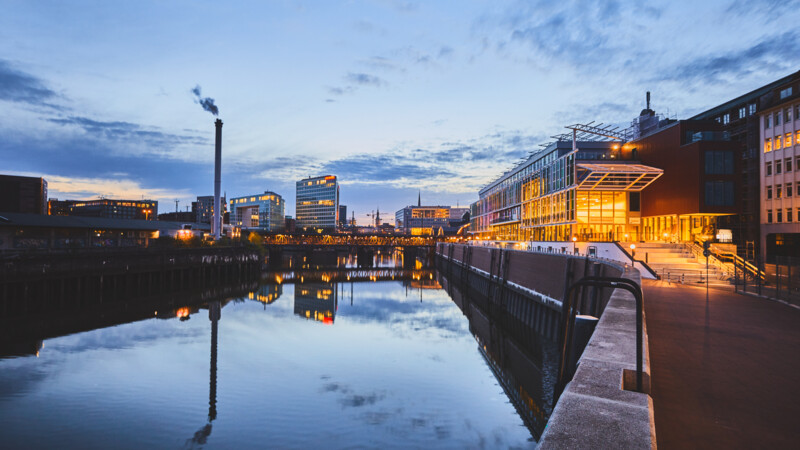
Factory Hammerbrooklyn opens new seat of future innovation
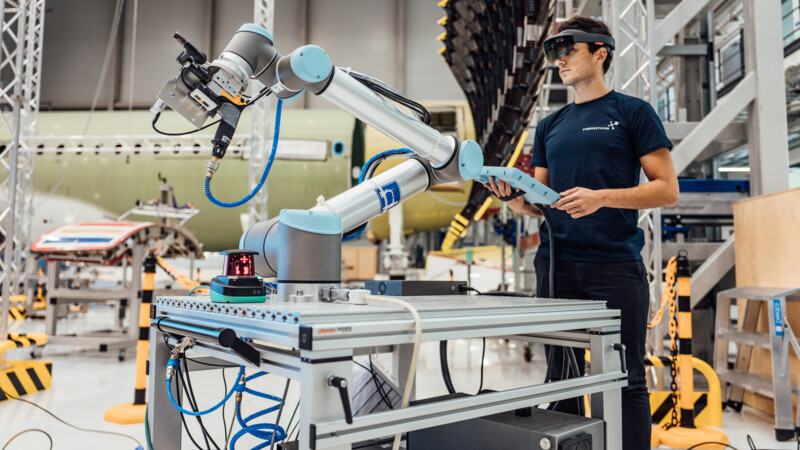
ARIC pushing artificial intelligence ahead
